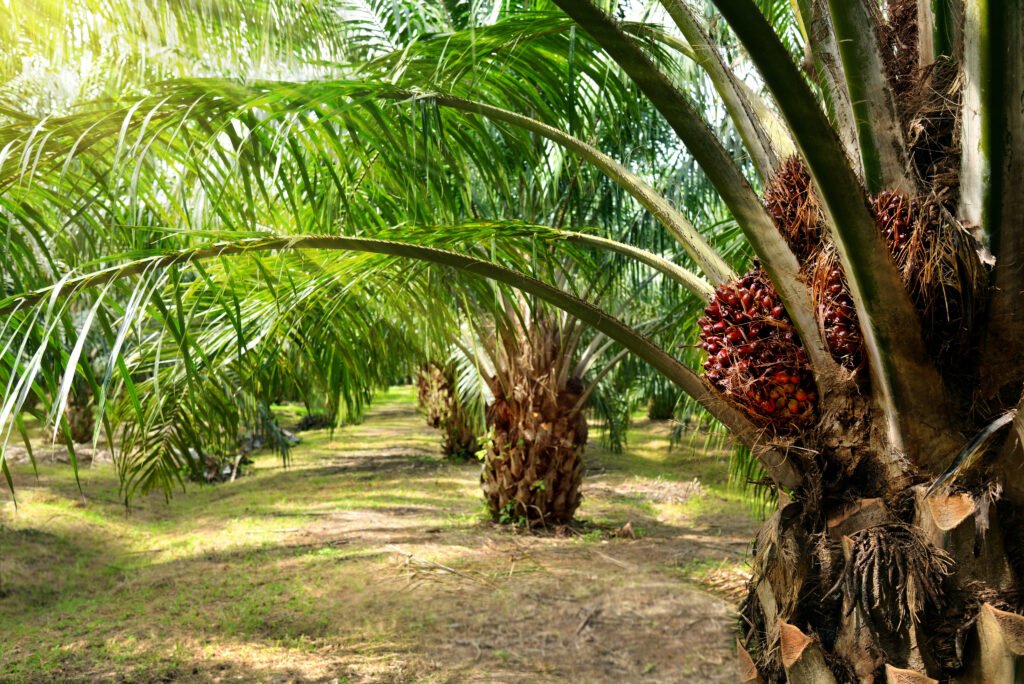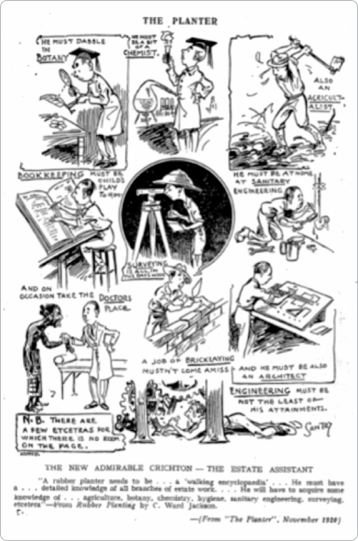

The ISP 100 year Centennial Celebration.
The Incorporated Society of Planters (ISP) draws from its 100-year old legacy, born of a deep and intense appreciation for the role of the Planter. It was incorporated on 8th October 1919 during the halcyon days of the colonial rule, as a company limited by guarantee and not having a share capital under the Companies Enactment Act 1917, for the development and advancement of the personal and professional well-being of those involved directly or indirectly with the plantation industry.
The Chairman saw the need for diversifying narratives to create a better understanding of ISP’s role for the nation. He also wanted to stress a point that the industry must encourage and embrace participation from youth and women. Our recommendation is to tell the story of ISP’s 100-year old impact on the Malaysian plantation scene from the lens of its key benefactors – the planters.

In the 1920 November edition of The Planter, Charles Ward-Jackson FISP commissioned an illustration to accompany his article, “Rubber Planting”. Titled “The New Admirable Crichton”, the iconic sketch represents Ward-Jackson’s thoughts of who and what a planter is.
The satirical account gives a profound insight into the inner workings of running a plantation; and the tremendous mental, physical and emotional demands that a planter shoulders in ensuring that the plantation under his care yields. The 21st century planter is an embodiment of his 1920s counterpart; but more.
We challenge ourselves constantly to bring the story of success to the brands we work with.
We challenge ourselves constantly to bring the story of success to the brands we work with.


Copyright © 2024 CayD I All Rights Reserved.